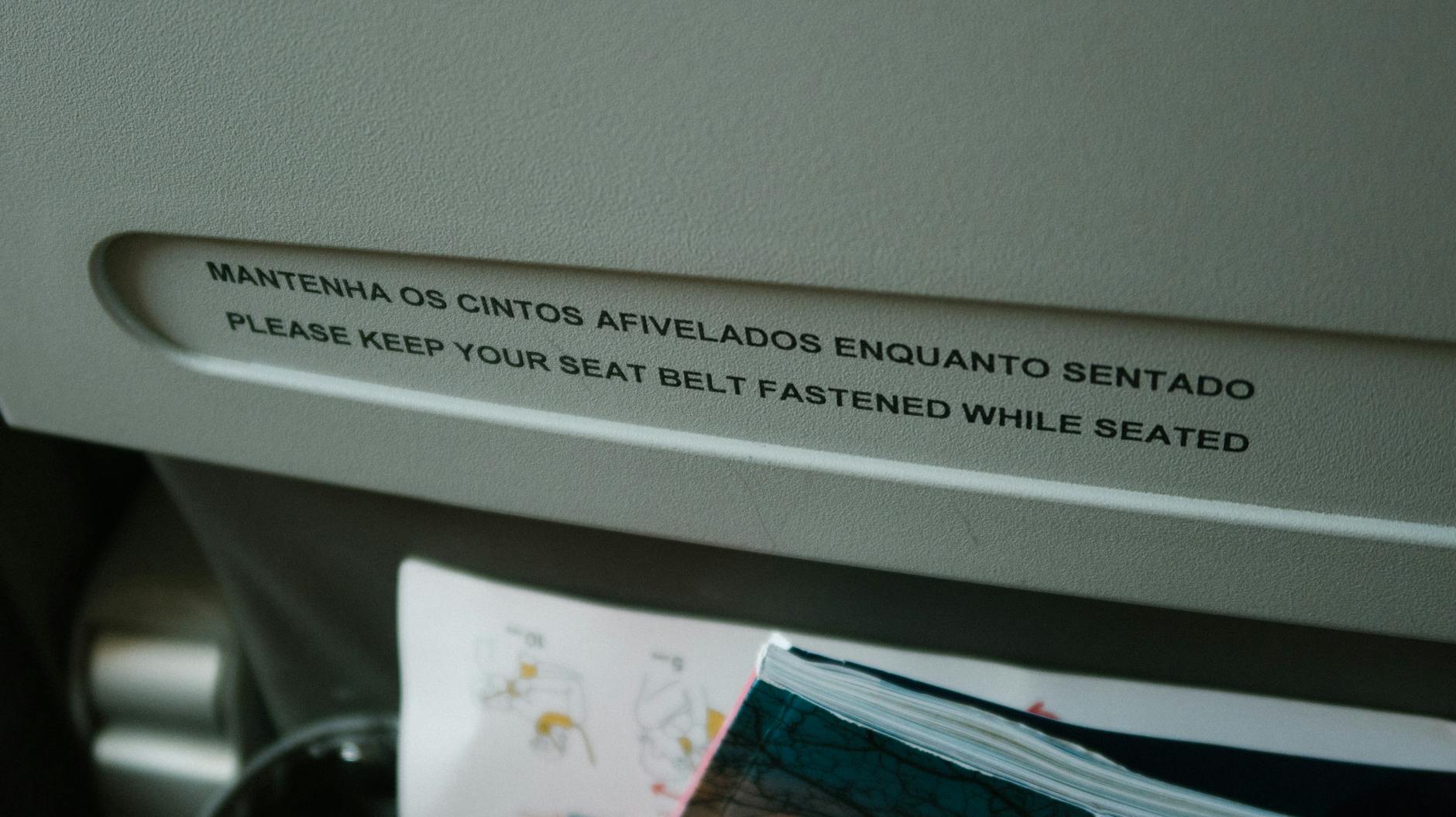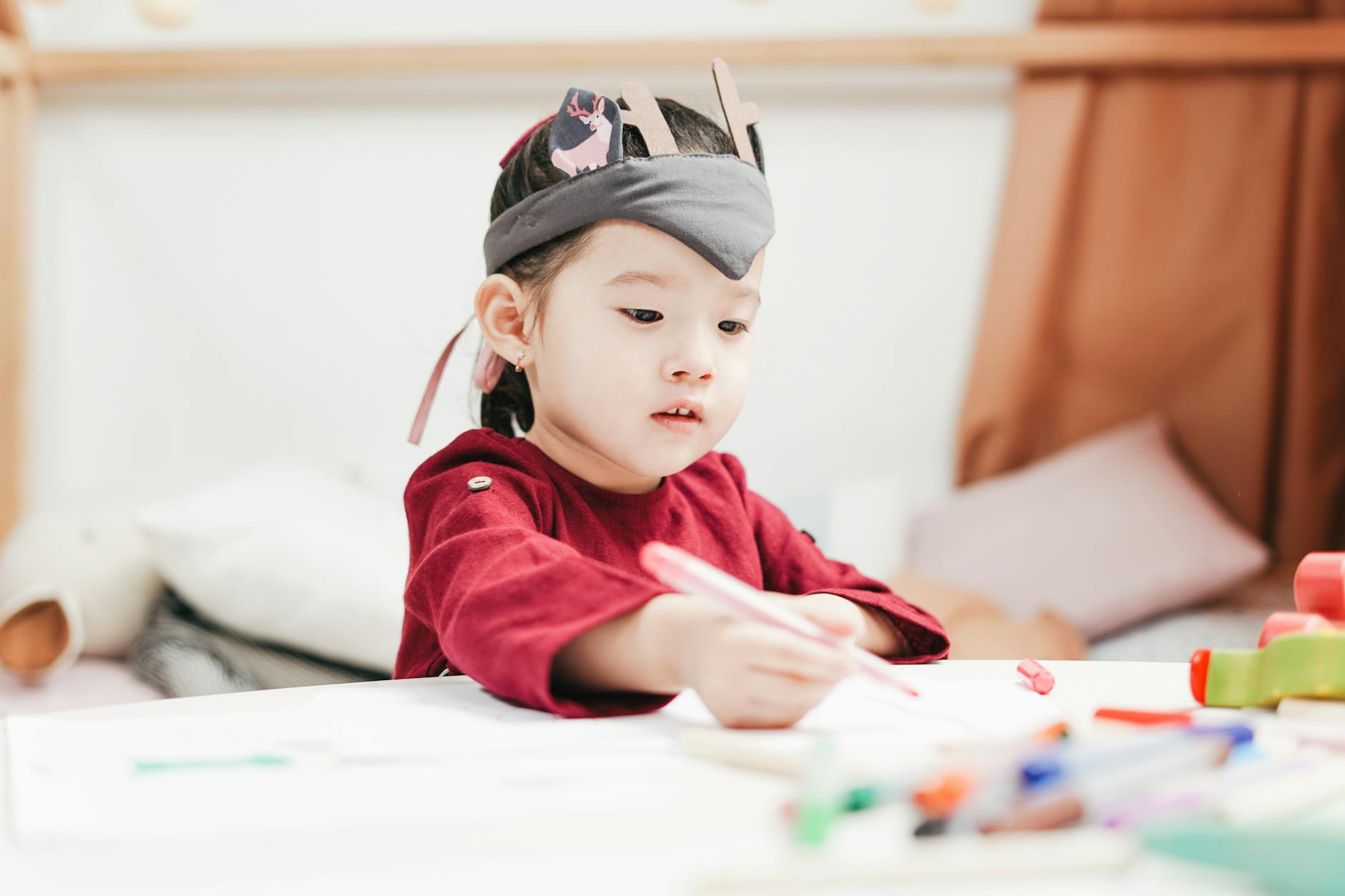Why Virtual Activities in the United States Enhance Team Cohesion

Benefits of Virtual Activities
Virtual activities have become an invaluable tool for operations leaders looking to strengthen team cohesion and support employee satisfaction. Let's explore how they foster communication, build trust, and encourage collaboration—all essential components of a thriving company culture.
Fostering Communication
Effective communication is vital in any team setting. Virtual activities, such as a "paint and sip" event, offer a relaxed environment where team members can openly express ideas and feedback. In New York, experiences like paint and sip NYC allow participants to bond over a shared artistic endeavor, with the backdrop of the iconic Empire State Building inspiring creativity. This setting promotes open dialogue and enhances interpersonal connections among colleagues.
Building Trust
Trust is another cornerstone of successful teams. Virtual activities provide a platform for team members to collaborate outside of work tasks, strengthening relationships in a low-pressure environment. For instance, organising a trivia night or a virtual cooking session enhances trust by allowing employees to see each other's personalities in a fun, informal setting.
Encouraging Collaboration
Collaboration is often the result of trust and effective communication. Virtual activities tailored to diverse interests can bridge the gap among team members who may otherwise not interact frequently. Consider planning cooking classes San Francisco style events, which resonate with food lovers and also cultivate a team spirit of cooperation as participants work together to whip up culinary delights.
Incorporating these practical tips can motivate your workforce, ensuring that everyone remains engaged and valued regardless of their location.
Types of Virtual Activities
Creative Workshops
As an operations leader focused on enhancing team morale, incorporating online craft classes can be a game-changer. These workshops channel creativity and offer your team a chance to unwind while connecting with each other. Picture this: after a day of collaborating in your office near the vibrant Flatiron District, your team gathers virtually to mold clay or paint together. Such activities foster not just individual creativity but also collective inspiration, ultimately reinforcing your company's culture.
Interactive Games
If you're searching for engaging virtual team building activities, consider incorporating interactive games. These games provide a fun break from the usual routine while promoting problem-solving skills and teamwork. Digital escape rooms are particularly effective, requiring members to communicate and coordinate efficiently. Plus, they're budget-friendly, so they won’t upset your financial plans. Implementing these games virtually brings your team together even though they're apart, turning any workday into a series of exciting challenges.
Training Sessions
Virtual training sessions can be tailored to cover various professional skills while aligning with your company's goals. These sessions not only keep your team updated with the latest industry practices but also reflect your commitment to their professional growth. By organizing regular training sessions, you ensure your team is equipped with valuable skills that enhance productivity, providing a win-win situation for both employees and the company.
Ultimately, offering diverse virtual activities ensures that all team members find something that excites and engages them, leading to improved cohesion and morale across the board.
Implementing Virtual Team Building
Selecting the Right Tools
Embarking on virtual team-building initiatives requires the right technology platforms to ensure seamless execution. When deciding on the best tools, consider factors such as user-friendliness, accessibility, and integration with existing systems. Many companies find success using platforms that host a wide variety of online workshops, such as pottery class San Francisco experiences. It's crucial to choose tools that can handle interactive components to keep your team engaged.
Scheduling and Planning
Just like a strategic meeting set against the backdrop of vibrant Flatiron District meeting spaces, scheduling is essential for virtual team building. Coordinate with team members to find times that accommodate everyone’s schedules, keeping in mind different time zones. Planning ahead includes ensuring the necessary materials and information are distributed to participants well before the event. This preparation minimises disruptions and maximises engagement, ultimately allowing smoother operation and a focus on the activity itself.
Facilitating Engagement
To encourage active participation, combine creative activities—like those found in pottery classes NYC—with open communication. This creates a sense of shared commitment and enthusiasm among team members. Practical tips include setting clear objectives for what the event should achieve and having a designated facilitator to guide the session, ensuring everyone has the opportunity to contribute. The goal is for each participant to feel that their voice adds value, much like standing atop the Empire State Building and viewing the cityscape below, a shared experience that brings people closer together.
Measuring Success in Team Cohesion
Gathering Feedback
In the journey to strengthen team cohesion, collecting feedback is crucial. After participating in activities like virtual paint classes, encouraging team members to share their thoughts can be insightful. You might consider using surveys or informal chats to gauge their opinions on engagement and effectiveness. By fostering a culture that values open communication within your workforce, you pave the way for improvements and innovations in future activities. In doing so, you encourage a sense of ownership in the process, reinforcing your commitment to team development.
Tracking Participation
Understanding how actively team members engage in these virtual activities is key to evaluating their success. You can track participation easily through online attendance records or participation logs. Noticing any patterns, such as lower attendance or less engagement, will highlight areas that may need a little more creativity or reinforcement. It's also beneficial to periodically share these findings with your team, making them aware of how their involvement contributes to the collective success and morale. Doing so aligns with promoting transparency and accountability within the team.
Assessing Team Dynamics
Finally, it's essential to assess whether these activities have positively influenced team dynamics. Observing the change in team interactions during day-to-day operations or through specific team projects can offer valuable insight. Have team members become more collaborative? Is there an increase in creativity or a noticeable boost in morale? Keep in mind that strengthening team bonds is a continuous process that requires adaptation and evaluation regularly.
Common Challenges
Navigating Tech Hurdles
Despite the allure of virtual activities, tech problems can often throw a wrench in the works, much like a wrench can ruin a seamless transition at the iconic Empire State Building. Reliable internet connections and compatible devices are vital to minimise disruptions. To avoid these pitfalls, implementing a backup plan is essential. For instance, having an alternative platform ready or pre-recorded sessions can be a saving grace. Encourage your team to conduct test runs in advance to troubleshoot any unexpected glitches.
Promoting Inclusivity
Ensuring inclusivity within a diverse workforce is paramount—like the vibrant convergence of cultures in the Flatiron District. A one-size-fits-all approach simply won't work. Virtual events must respect diverse time zones, abilities, and preferences. Offering a variety of activities fosters inclusivity—consider smaller breakout groups for intimate discussions and larger forums for open exchanges. Always seek input from team members about their needs to foster an environment where everyone feels they belong.
Sustaining Engagement
Maintaining engagement is the glue that keeps teams connected during virtual activities, akin to the lively energy of Central Park during team outings. Keeping engagement levels high means creatively mixing up activities—alternating between interactive games, creative workshops, and training sessions. Use visual aids and interactive polls to draw in your audience, and don't forget to include short, energising breaks to rejuvenate the team. Each member should feel like an essential piece of the organisational puzzle—working together towards a shared vision.


